Apple recently announced they would no longer be mining the Earth. It’s an ambitious plan and in this blog we look at how a closed-loop supply chain can help them do it.
Last month Apple announced that ‘one day’ they would be using no mined metals at all in their phones. While they have admitted they aren’t quite sure how they will achieve this yet, the chief reason behind the commitment is the recognition that the “Earth’s resources won’t last forever”. And their plan is being developed based on a closed-loop supply chain.
In a closed-loop supply chain there is zero waste – all materials are reused, recycled or compost. This is an extremely challenging goal and it’s unlikely that all industries could achieve it. However, more and more companies are now taking steps in the right direction. Unilever, Subaru and Toyota have all introduced zero waste goals.
So, what is a closed-loop supply chain?
Sustainability is no longer a tick-boxing exercise for supply chain managers – it is a priority. Companies are now, more than ever, balancing meeting the needs of environmentally conscious consumers, with meeting government regulations on emissions and ethical sourcing. The emergence of better practices, like closed-loop supply chains, is helping to meet these needs.
To achieve a closed-loop supply chain you need to address two areas – forward and reverse.
Forward is all the processes involved in creating new products. This includes raw materials through to the distribution to customers. Reverse is the collection, testing and retrieval of returned products (parts and materials), and how they are re-introduced into the supply chain. This can often be achieved by take-back programs to encourage recycling or re-use.
Dell has been a long-time leader in supply chain management. They have helped keep millions of pounds of plastic and carbon fiber material away from landfill. Read about their closed-loop program here.
The costs involved in implementing closed-loop supply chains in large companies can be high, but the long-term positive benefits are higher. Companies benefit from greater profits by saving costs on new raw materials. And the reduced consumption of raw materials plus waste not ending up in a landfill is good for both the planet and for public image.
Apple’s goal to stop mining the Earth is clearly ambitious, and if it was any other company, perhaps it wouldn’t even be achievable. But it’s Apple and no doubt others will follow them.
For mining companies, there is a real opportunity to get ahead of the curve as companies move towards more sustainable supply chain practices. Becoming leaders in the recycling and reuse of materials could make all the difference to being a disrupter or being disrupted.
Learn about how we can help you improve your supply chain here


